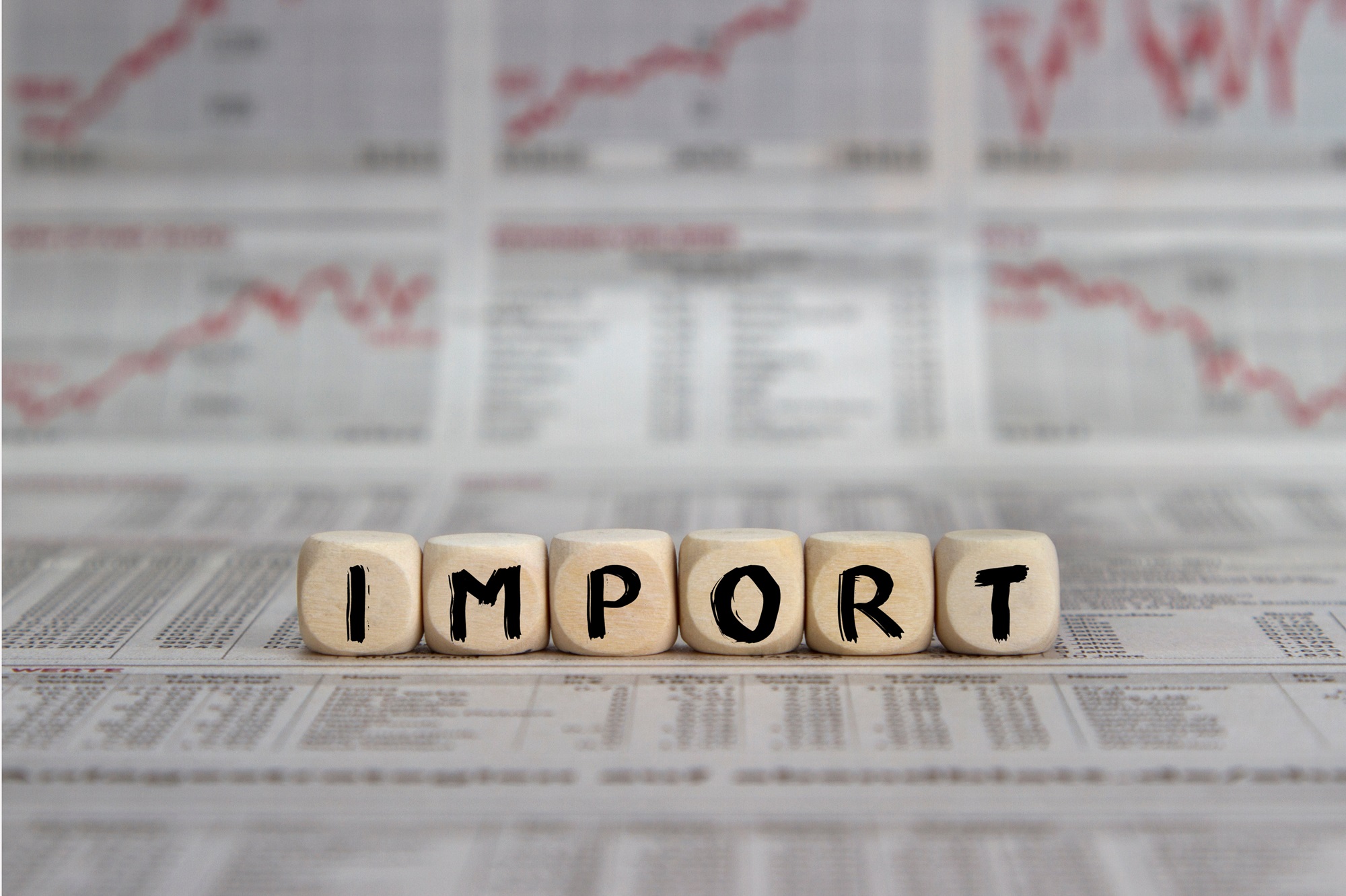Your company is located outside the EU and you are poised to conquer the EU market via the Netherlands. The Netherlands makes an excellent base for importing goods from non-EU territories and selling them in the EU. Before you can actually start selling goods though, you need to import them into the EU. How do you go about that?
This article looks at a number of issues you need to bear in mind when importing goods into the EU to ensure you are well prepared for successful international growth.
Certificates of origin
Before you import any goods, you need to check whether a certificate of origin (CO) is required. A CO is a document that states where the goods originate. This is important for, among other things, determining whether you are permitted to import the product. Restrictions or trade policy measures may apply to trade with certain non-EU countries. A CO may also reduce or completely eliminate the need to pay customs duties.
Customs declaration
In principle, customs duties and import VAT are due immediately when you import goods to the Netherlands from a non-EU country. You submit an import declaration to Dutch Customs to this end.
As your company is not established in the EU, you cannot act as declarant yourself. You will need to appoint an indirect customs representative. This customs representative submits the declaration under their own name and as declarant is the debtor for the customs debt together with your company. This means you are both jointly and severally liable.
If a customs debt is incurred, this is levied via a customs assessment (in Dutch: uitnodiging tot betaling or UTB). A UTB is an assessment notice from the customs authorities that states the payable amounts of customs duties and import VAT. You will also need this document when recovering the import VAT.
EORI number
On top of this you will need an EORI number. This is an identification number that you need to use in all communications with Customs in the EU. Applying for this number from Customs is a fairly quick and straightforward process. Please note: you need to apply for this number before you import any goods.
VAT identification number
If you only import goods into the Netherlands, this does not mean you will automatically need a VAT identification number. However, if you wish to sell the goods to customers in other EU countries, this will lead to VAT obligations. You therefore need to make sure you register for VAT with the Dutch Tax Authorities in good time. Furthermore, you will need to meet Dutch VAT filing obligations when importing and selling goods to your customers.
Once you have arranged the Dutch VAT registration, under certain conditions you can reclaim the Dutch import VAT you paid earlier via the Dutch VAT return. Please note: weeks or even months can pass between the date on which you pay the import VAT and the date on which this import VAT is refunded. This is a drawback in terms of cashflow: you basically need to prefinance the import VAT.
Example
An Australian company imports goods on 1 January. The import VAT is due immediately. The Australian company sells the goods to a company in Spain. The Australian company must submit quarterly VAT returns in the Netherlands.
The VAT return for the first quarter may only be submitted after the end of the quarter. The earliest date on which the Australian company can submit the VAT return is therefore 1 April. Once this has been submitted, it will be processed by the Dutch Tax Authorities within a few weeks. If the Dutch Tax Authorities have any further questions, several more weeks can pass before they refund the amount. The Australian company will need to go without this cash for a few months, potentially affecting its cashflow.
Prevent prefinancing with the article 23 license
Is there a way you can prevent having to prefinance the import VAT? There certainly is! The solution to the above financing issue in the Netherlands is the so-called article 23 license. If you have this license, Dutch import VAT is no longer due on the date of import. Instead, you may report the import VAT in your next Dutch VAT return. If your company meets all conditions and is entitled to recover the import VAT, you can reclaim the import VAT in this same Dutch VAT return. On balance no import VAT is due and no import VAT must be pre-financed. No actual payment is then due in this case.
Companies that regularly import goods can apply for this permit if they meet specific terms and conditions. Those companies based in the Netherlands can apply for the permit themselves, but different requirements apply to companies based outside the Netherlands. They can only take advantage of this attractive regulation if they appoint a general fiscal representative for compliance with the administrative obligations for Dutch VAT. This representative applies for the article 23 license on behalf of the company that is not established in the Netherlands.
Do you need fiscal representation?
A general fiscal representative can support the foreign company and take care of VAT filing obligations in the Netherlands. Baker Tilly VAT Compliance (Netherlands) B.V. acts as a general fiscal representative for many companies based outside the Netherlands. In addition to applying for an article 23 license, we submit VAT returns and communicate with the Dutch Tax Authorities on behalf of the represented businesses. Aside from the abovementioned cashflow benefits, this gives you more time and capacity to concentrate on doing business.
Contact
If you have any questions about importing goods into the Netherlands, wish to appoint a fiscal representative or want to apply for an article 23 license, then feel free to get in touch with us. Our specialists would be happy to help you!
The legislation and regulations in this area may be subject to change. We recommend that you discuss the potential impact of this with your Baker Tilly advisor.
Other insights
-
Customs Talks: How the new EU Deforestation Regulation (EUDR) will impact business with the UK
-
EU Deforestation Regulation (EUDR): stringent rules for importers, operators and traders
-
Budget Day 2024: overview of the new tax plans & proposed legislation





